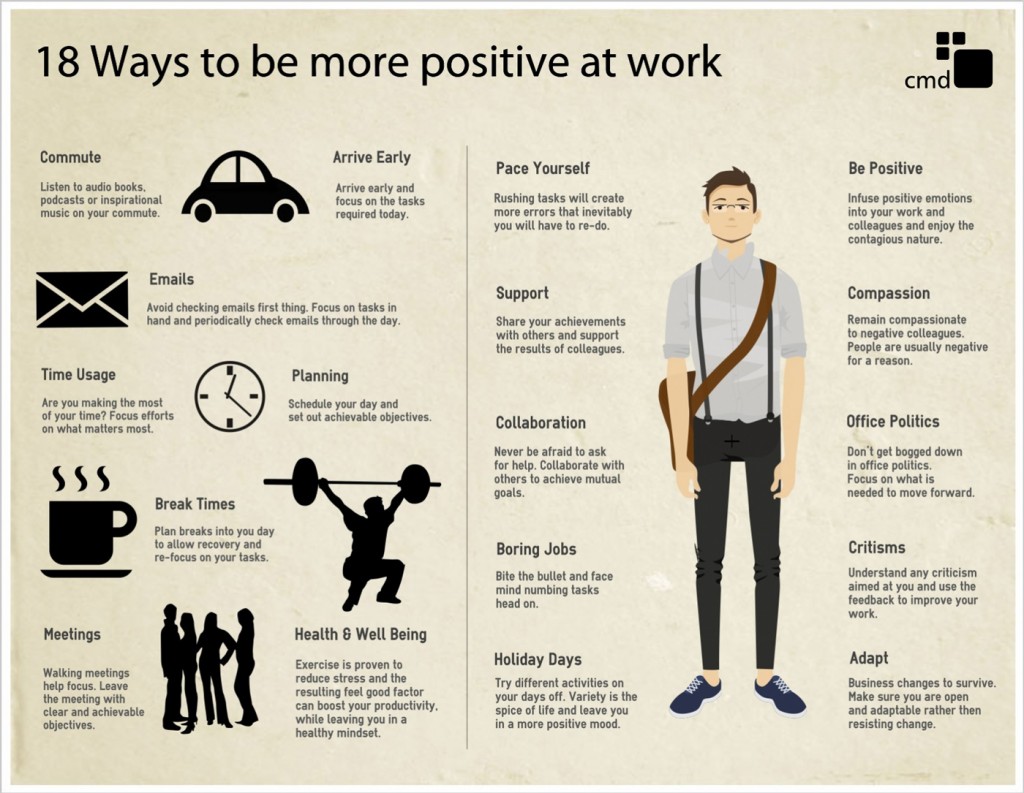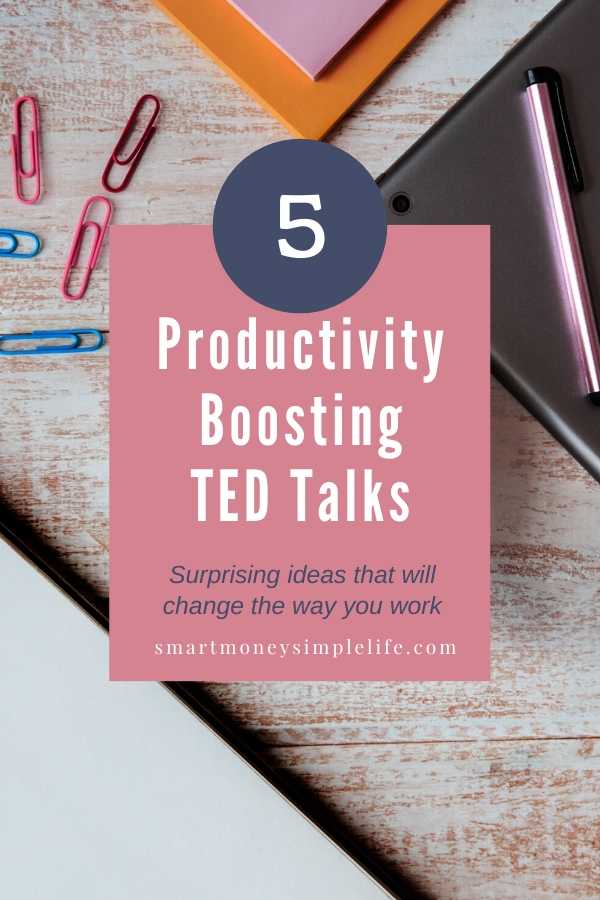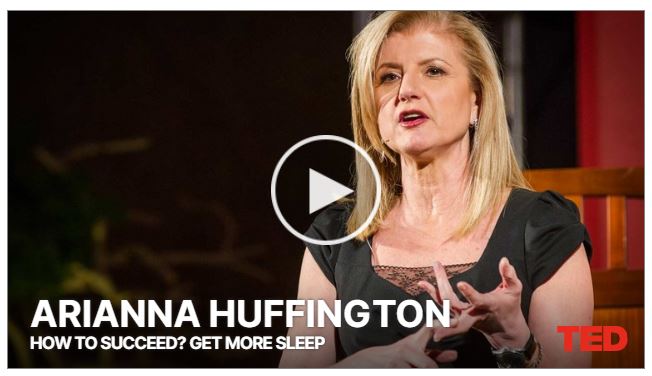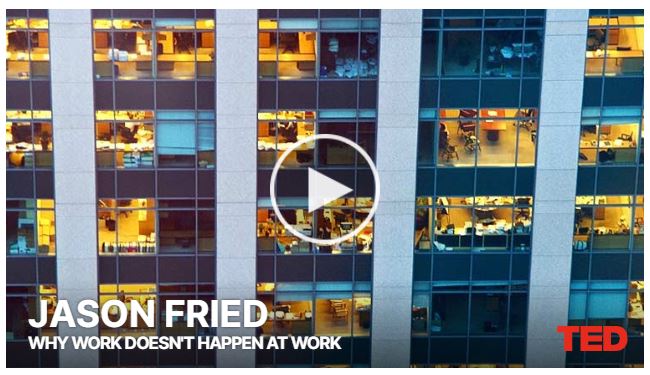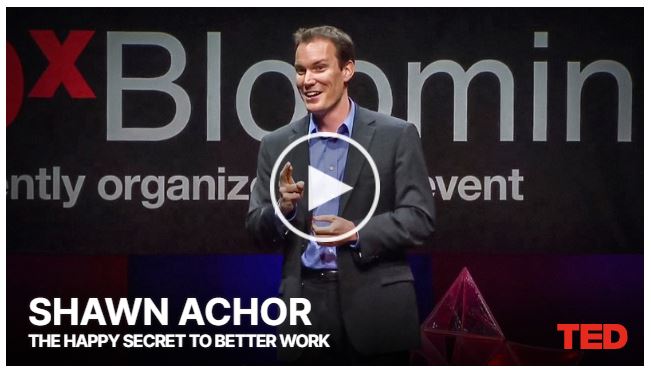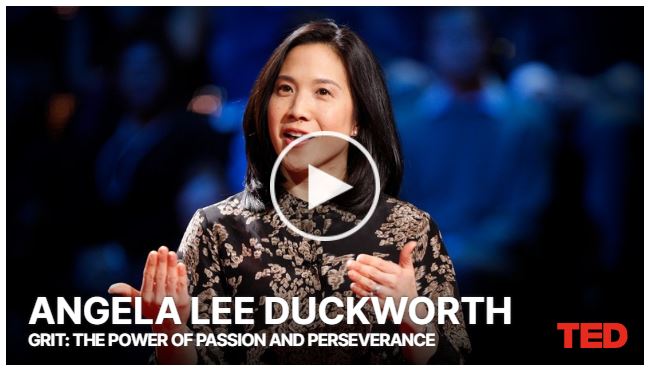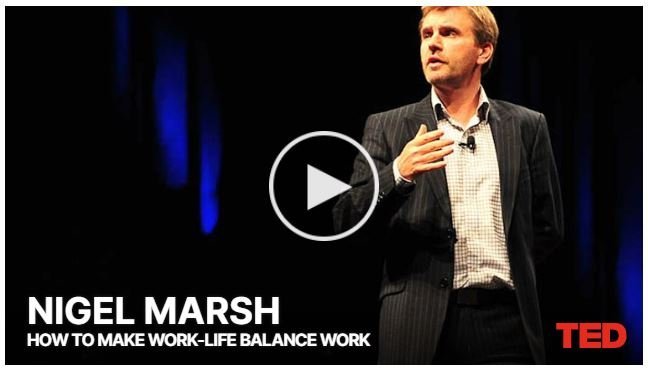Today, it’s not about the question do you have or not have weaknesses. It is more about do you recognize them and what you are doing to decrease their effect on your business success. You can always work on your strengths and eliminate weaknesses through delegating tasks.
Often, your weaknesses aren’t visible to you. But, they are visible for your company that will start struggling. So, your business struggle because of you as a reason. Because of that, here I want to share four things you can do when you want to turn your biggest weaknesses into strengths.
1. Create Your Most Important Strengths and Weaknesses ListBefore you start working on turning your weaknesses into strengths, you need to know some things. First is what can be an entrepreneurial weakness and second, what can be an entrepreneurial strength. As you probably already think there are many things that can be weakness or strength. But, here I would like to cover an example list of most important strengths and weaknesses related to your entrepreneurial career.
Self-disciplineIf you are disciplined person, motivated to do things you set to do, not procrastinate and control your personal behavior then you are a self-disciplined person. In this situation, your self-discipline can be your strength. But if your behavior is not such as described above, then your self-discipline can be your weakness.
Problem-solvingIf you are an analytical person with exceptional ability to identify and define problems, able to analyze them, find causes and right solutions and implementing best solutions then problem-solving is your strength. Otherwise, problem-solving can be your weakness.
TeamworkIf you want to work in teams and you can easily communicate with team members, encourage, listen, and respect them, give a significant contribution to the achievement of team goals, teamwork is your strength. Otherwise, teamwork can be your weakness.
Taking InitiativesIf you are a person who continuously has ideas to do something to improve your company and take all necessary steps to make it possible, then taking the initiative is your entrepreneurial strength. Otherwise, taking the initiative can be your weakness.
Persistence and patienceAs an entrepreneur, you probably already know that the results will not come today, but you will need to be persistent and patient. So, these two characteristics can be your strengths or weakness.
2. Recognize and Learn About Your WeaknessesThe most significant question here is how you can recognize what your most essential weaknesses and strengths are. When it comes to your entrepreneurial activities, you will always want to do something. This something often is the accomplishment of your goals. Because of that, when I want to recognize the biggest weakness of an entrepreneur, my starting point is their goal accomplishment.
Here are some questions that can lead you through this discovery process of your weaknesses and strengths:
- What have I accomplished related to my goals in the last several years? Why accomplished what I want to accomplish?
- What are strengths that allow me to achieve my goals? How can I use them in the future?
- What are my most significant weaknesses that don’t allow my business to succeed?
- What are the strengths I need and still don’t have to help my business succeed on the market?
- How do other people respond to such weaknesses? Can I use some of their strategies?
- What can be my unique strategy to beat my most significant weaknesses as an entrepreneur?
3. Write Entrepreneur’s Journal Each DayOne strategy that can help you in recognizing and turning your weaknesses into strengths is to use entrepreneur’s journal. It is your daily diary that will help you to learn about yourself, your mistakes and failures. In such a way, you will become a stronger entrepreneur.
Entrepreneur’s journal is something where you will spend 30 minutes daily to write about your daily experiences and successes from one side and your most significant struggles and failures from another side. Simply give a chance to daily journal, and you will see the progress on your entrepreneurial journey.
4. Accept That You Have Weaknesses and Work Hard on Implementation of Your Strategies to Turn Your Weaknesses Into StrengthsNow, when you already have the list of weaknesses that prevent you from accomplishing your goals, the most important thing you need to ensure is that you accept that everything on the list is your weakness.














